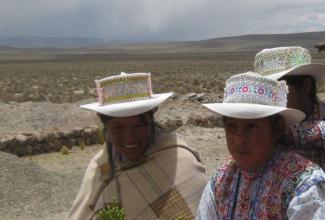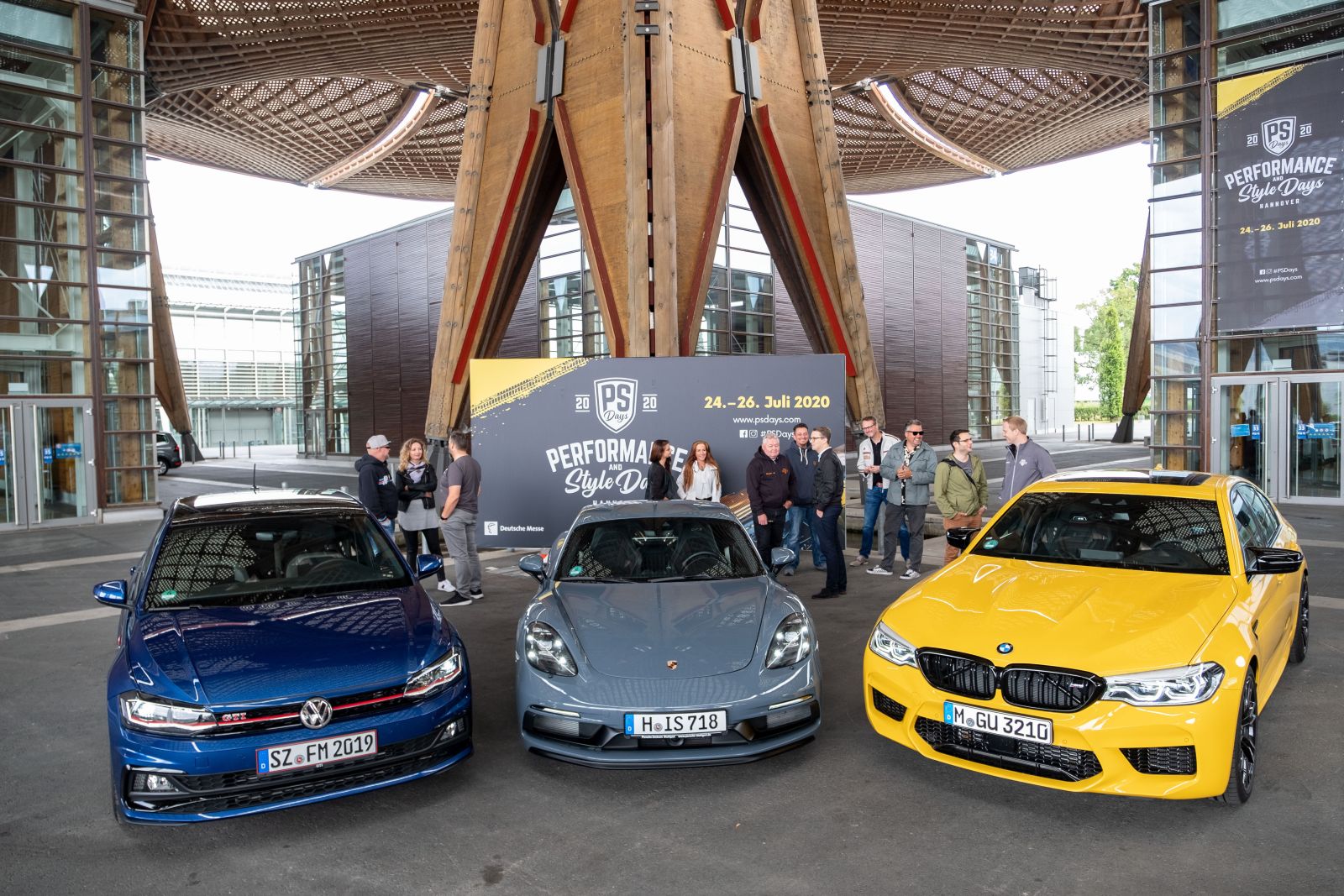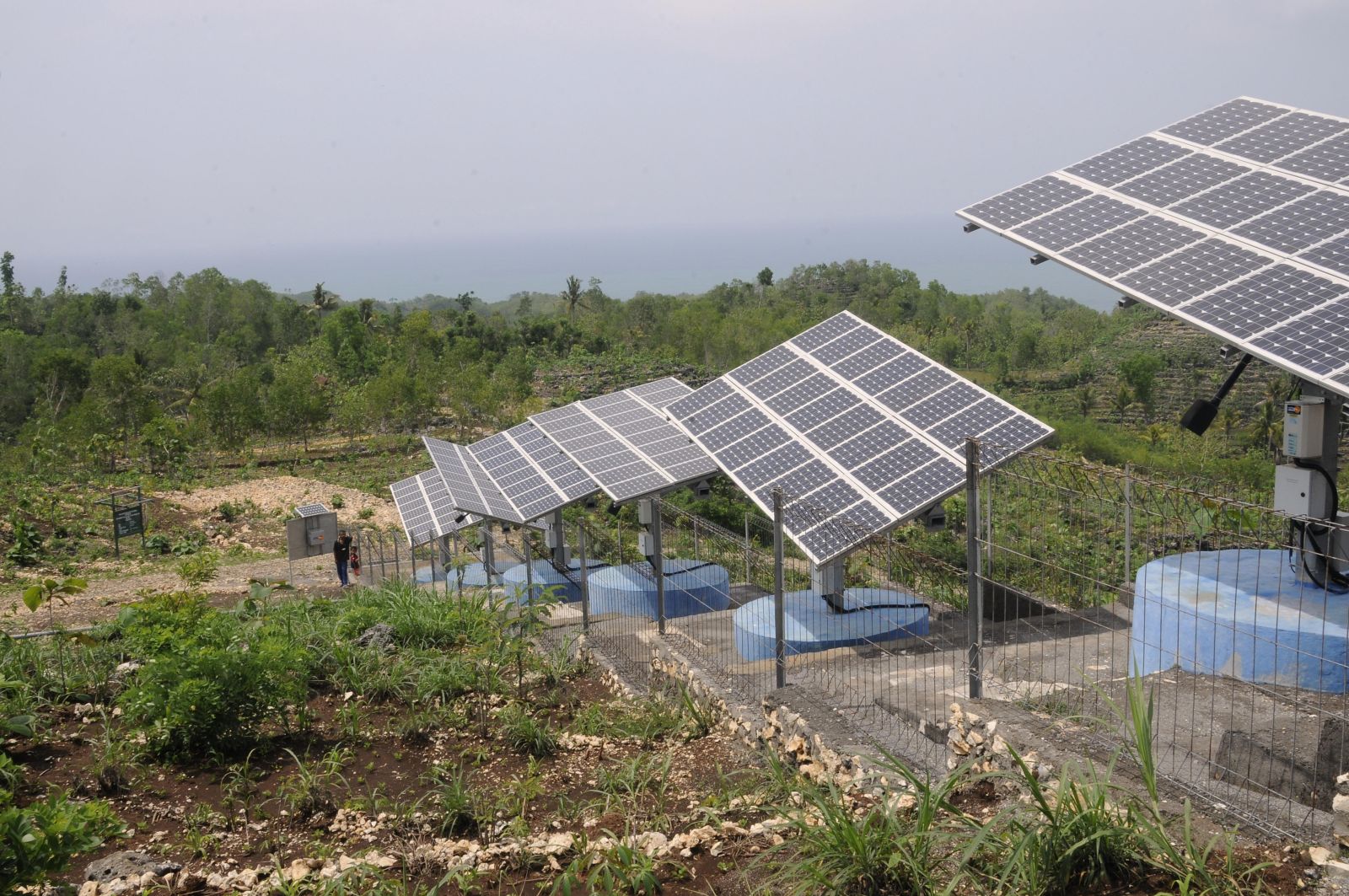German policy
Credibility test

In the current global scenario, it is more urgent than ever that Germany finally fulfil the decades-old 0.7 % pledge. Acute hunger currently affects 795 million people, 1.3 billion are living in extreme poverty, 60 million have fled from their homes, and the impacts of climate change are becoming ever more evident. More developmental commitment is needed at all levels.
Germany’s Federal Government keeps reiterating the 0.7 % pledge, but well meant promises will not do. We find it inspiring that Chancellor Angela Merkel says that development cooperation will get a boost. If her government wants to get serious about the 0.7 %, however, it needs a time frame for achieving that goal.
VENRO, the umbrella organisation of Germany’s developmentally active NGOs, has recently published a study that proves that the current budget plans will not suffice. It was a good sign that funding was increased last year, but the € 8.3 billion earmarked for official development assistance until 2019 will not suffice. To fulfil the 0.7 % pledge in 2020, another 15.2 billion is needed.
€ 15.2 billion is a lot of money. If one considers, however, that saving the banks cost 50 billion, the sum does not look that big. Ultimately, the Federal Government must decide how highly it values global fairness. To reach the 0.7 % goal, a tax on financial transactions would help. VENRO supports Germany’s plan to introduce such a tax in cooperation with ten other EU members and convince others of joining as well.
At the same time, VENRO is opposed to counting as ODA expenditure for those who seek protection in Germany. Providing for refugees must not be done to the detriment of poor people in the Global South. It is important to provide for people who have fled to our country, and funding for this purpose must increase. However, such funding does nothing to promote economic and social development in disadvantaged world regions. To initiate meaningful and sustainable change there, tangible projects are needed. They will not be feasible without strong and long-term funding, and Germany must contribute its share.
On top of that, the Federal Government must pursue coherent policies in the fields of trade, economics and foreign affairs. Globalisation must be managed in an equitable way. Many people who are fleeing to Europe are not just trying to escape war and violence. Lack of prospects is a reason for flight too. Indeed, the refugees we meet tend to be the losers of globalisation which we have so far designed to our own benefit.
A fairer and more equitable globalisation will require us to change our way of life and economy. In this context, we can rely on the 2030 Agenda with the Sustainable Development Goals, that 193 nations, including Germany, approved last year. The SDGs include overcoming hunger worldwide, eradicating poverty, achieving gender justice, moving on to more sustainable patterns of production and consumption and protecting biodiversit
The 2030 Agenda concerns all countries. In order to rise to global challenges, international cooperation is indispensable. Change is needed in Germany too.
Our generation has the opportunity – and the duty – to opt for polices that lead to less poverty, equity, environmental protection, peace and security. The financial and technological means can and must be made available. By defining a clear deadline for achieving the 0.7 % pledge, Germany’s Federal Government would take an important step and boost its credibility at the same time.
Bernd Bornhorst is the chairman of VENRO, the umbrella organisation of Germany’s developmentally active non-government organisations.
b.bornhorst@venro.org
Link
VENRO study: Die Entwicklung der ODA-Quote bis 2020: Wie aus Anspruch Realität werden kann (Only available in German):
http://venro.org/uploads/tx_igpublikationen/VENRO_Studie_ODA.pdf












